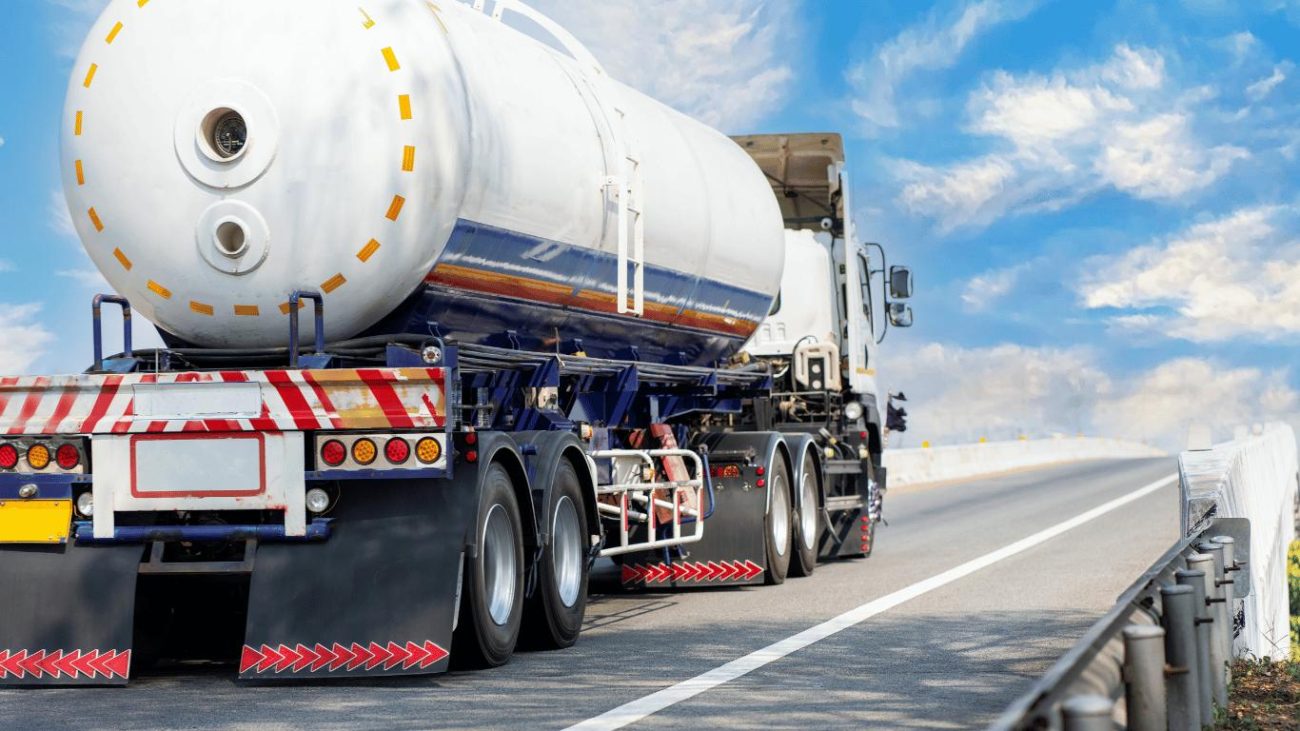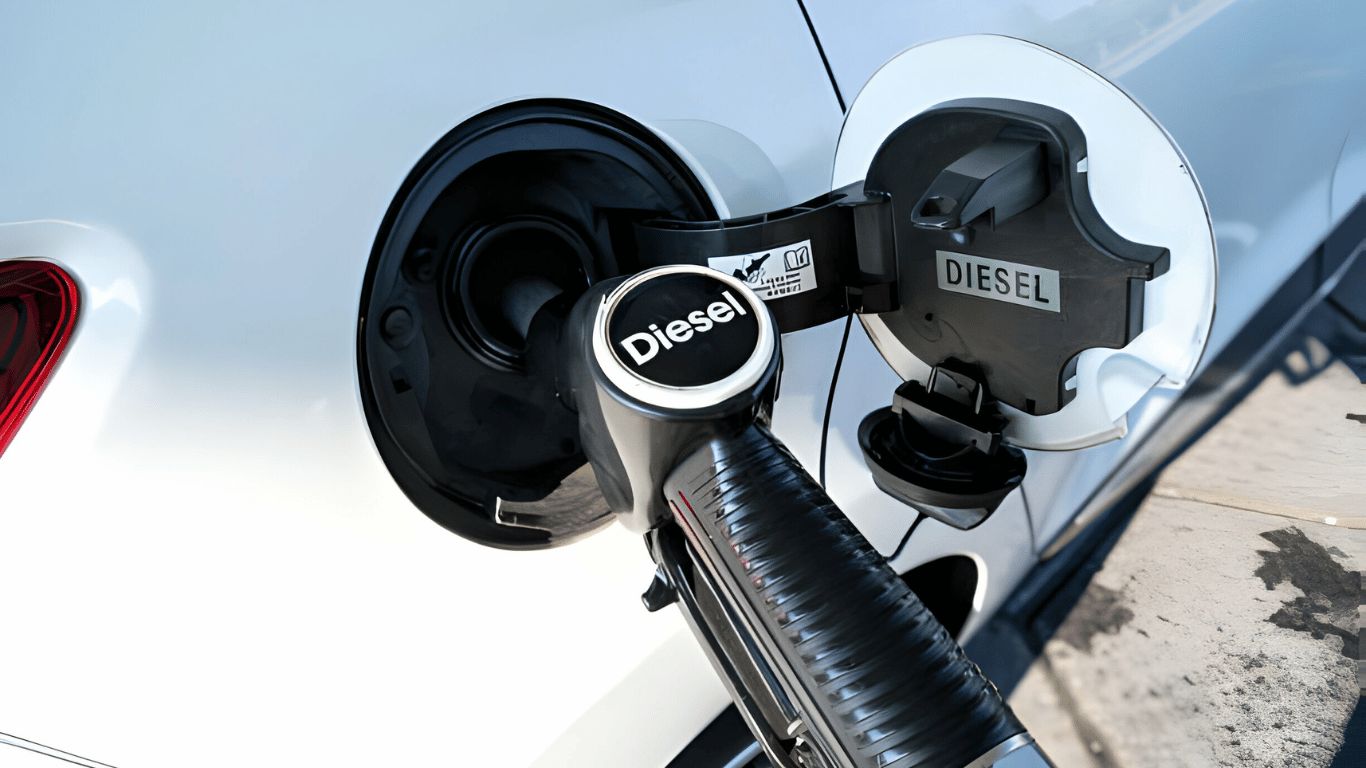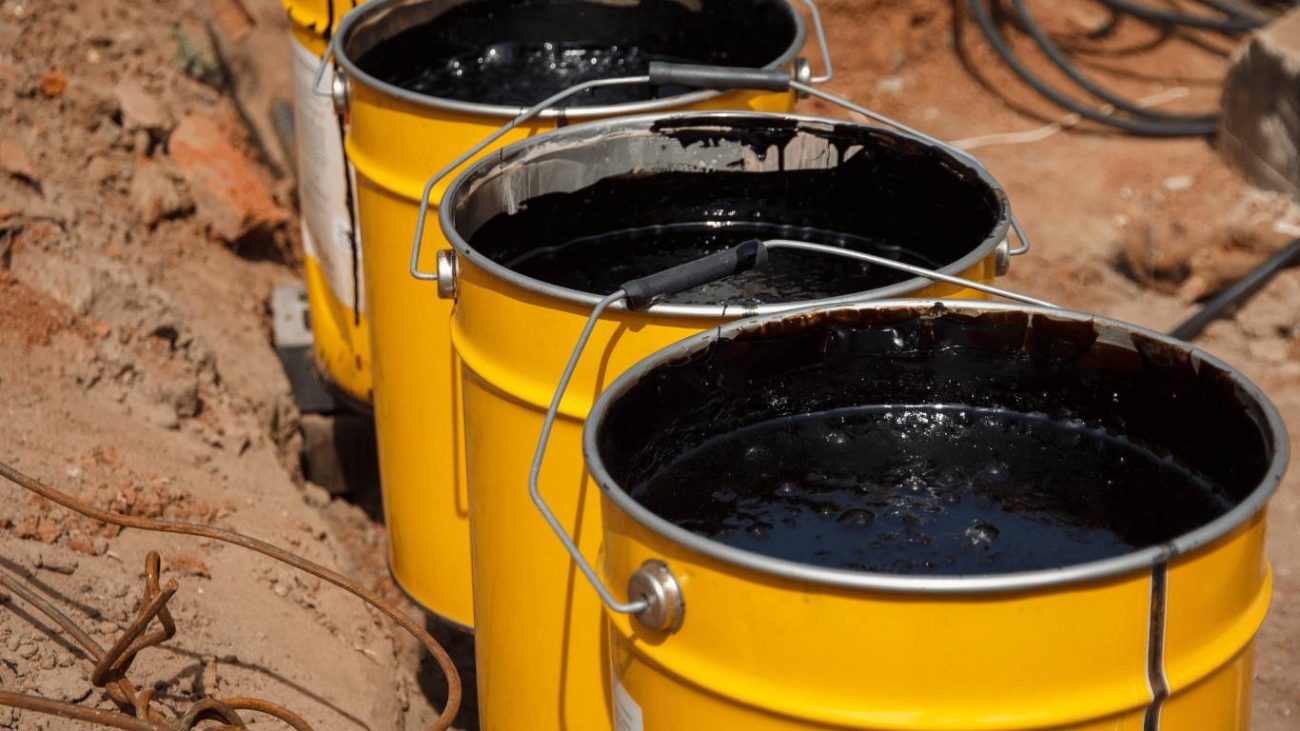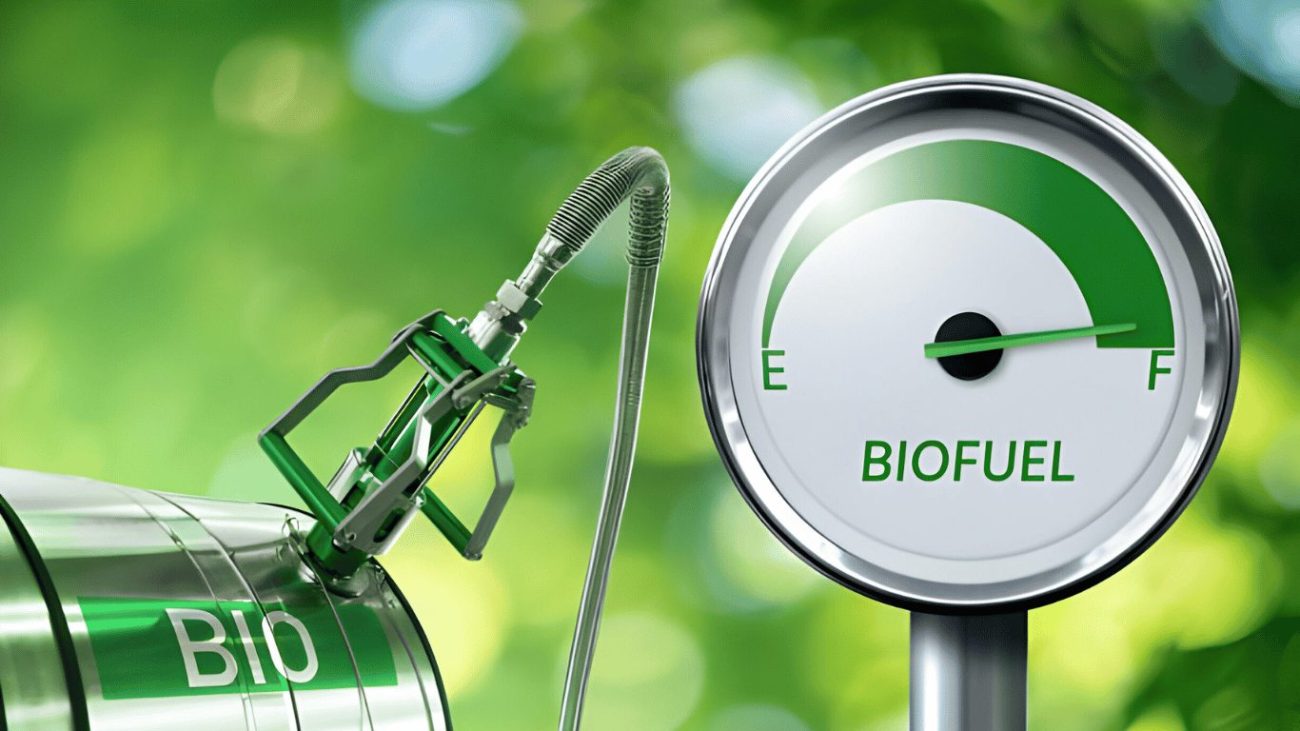Brazil, a country renowned for its colourful culture, breathtaking scenery, and thriving agriculture industry, also occupies a special place in the world’s diesel fuel consumption and innovation landscape. While petrol continues to be the fuel of choice for personal vehicles, diesel fuel is essential for running the nation’s economic engine. Let’s explore five unexpected facts regarding diesel fuel in Brazil that you might not be aware of:
Pioneering Biodiesel Blends
Brazil has set the standard for the exploration and use of biodiesel. In 2005, the country became the first in the world to blend biodiesel with regular diesel energy; the initial blend rate was 2 (B2). After achieving a mandated B10 (10 biodiesel) in 2010, this mix has increased dramatically over time, reaching the ambitious goal of B15 (15 biodiesel) in 2019. This commitment to biodiesel lessens the country’s dependency on fossil fuels and supports the country’s massive sugarcane assiduity, which is a major source of feedstock for biodiesel.
A Diesel-Powered Transportation Network
In contrast to many other countries where petrol is the major energy utilised in specific cars, Brazil heavily depends on diesel energy for its transportation needs. Because diesel energy is utilised in motorcars, exchanges, and a great deal of hacking, it is crucial to the country’s logistical networks and public transportation system. The widespread use of diesel energy highlights how crucial it is to sustaining Brazil’s prosperous economy.
Government Incentives and Regulations
With a mix of incentives and rules, the Brazilian government actively affects the diesel fuel industry. The government gives manufacturers and sellers tax advantages in an effort to promote the use of biodiesel blends. In order to reduce the environmental impact of diesel automobiles, strict emission requirements are also created for them. The goal of this interaction between incentives and laws is to strike a balance between environmental concerns, energy security, and economic growth.
The Quest for Cleaner Diesel
Realising that conventional diesel fuel poses environmental risks, Brazil is actively investigating and introducing cleaner alternatives. The National Programme for Biofuels (RenovaBio) encourages the creation of cutting-edge, carbon-reduced biodiesel manufacturing techniques. The government also encourages research into cleaner-burning Diesel technology, like employing low-sulfur fuels and tightening car pollution control regulations.

Future of Diesel Fuel in Brazil
Brazil’s future for diesel fuel is entwined with its efforts to promote economic growth and sustainability. Blends of biodiesel are predicted to continue to be popular, but developments in electric and alternative fuel technologies could eventually threaten diesel fuel’s hegemony in some industries, such as public transportation. But for the foreseeable future, diesel fuel is probably going to continue playing a big part in driving Brazil’s transport and industry, especially while the nation makes the shift to greener energy.
Read also: How Competitive is Biofuel Production in Brazil?
Conclusion
Brazil’s experience with diesel fuel is a tale of adaptability, creativity, and a never-ending quest for equilibrium. From developing the first biodiesel blends to adopting greener technologies, the nation shows that it is dedicated to both environmental responsibility and economic advancement. Comprehending these distinct facets of Diesel Fuel in Brazil illuminates the country’s diverse strategy for energy security and sustainability in the future.



